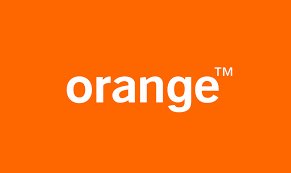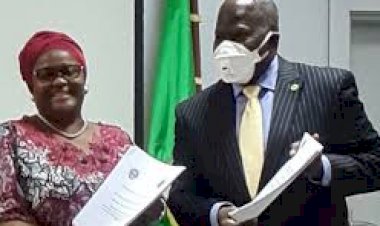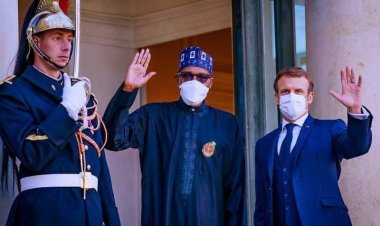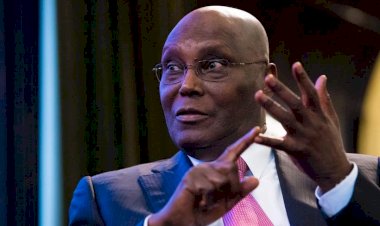Orange Africa and the Middle East: losses of several million customers soon

The boredom comes from customer service, which has reportedly received many complaints related to the non-use of the Pulaar language. Unfortunately, the company has not yet taken concrete steps to satisfy the multiple requests made by the litigants or the applicants. The central problem remains the exclusion of fulfulde in voicemail, promotions, and other Orange communications. The company only uses French and Wolof in Senegal in its announcements and other declarations. Thus, it is practically millions of customers who understand little or nothing in these languages who are deprived of their linguistic rights to be served in their mother tongues and / or preferably. The Fulbe (or Fulani), who are in the majority in the sub-region, are the most affected in this unfortunate segregation and linguistic dictatorship. How did we get there and why is the company slow to provide solutions to satisfy all of its customers who have been injured for decades?
Orange a trademark of the Sonatel group
The Sonatel Group is the benchmark operator in West Africa which offers global telecommunications solutions in the fixed, mobile, Internet, television, mobile money and data sectors for individuals. and businesses. Leader in all its countries of presence, the Sonatel Group started its external growth in Mali in 2002, then successively moved to Guinea and Guinea Bissau in 2007 and most recently in Sierra Leone (2016). The Sonatel group is a structuring company for the economy of its countries of presence and has made Senegal, its country of origin, a traffic hub and a major player in the development of telecommunications in Africa and in the world. This is the information obtained from their website. From Africa to the Middle East, Orange is present in 21 countries and claims nearly 121 million customers. Its turnover is estimated at more than 5.2 billion euros.
The problems found in the box and the claim of all the Peuls
Many customers do not find each other and do not understand the messages in the voice servers or in the declarations during which promotions and others are announced. The Pulaar language occupies between the second and third place of the languages which are among the most spoken in Africa. Therefore, it is indisputable to say that the fulbés are the majority customers of this company on the black continent. Their approximate number using the services of this company is several tens of millions of customers according to the most conservative calculations based on the populations of the different countries. But this company would spread this language in favor of French and other local languages while the economic strength of this multinational is in the hands of mbimi and mbidone. We are the ethnic group that gives them the most money and instead we receive little or almost nothing. The use of our language is very restricted and we are subject to a linguistic curfew. We are humiliated and it is ultimately an insult to our identity which is not recognized as an African entity. Frustration is at its height in Senegal and everywhere in the sub-region.
Languages are starting to loosen and discussions are raging on social networks to Cameroon via Mali and Niger. Many people are about to throw their Orange fleas in the trash. It would take just one click for this large employer to lose millions of customers and billions of euros in revenue. Moreover, she has just been informed of the strong general discontent and fed up but, Mr. Sékou Drama, the director general did not respond to our request and he ignores us royally. The discrimination and embargo on the Pulaar / Fulfulde language continues all the more.
An urgent solution must be found.
This is our last call to ORANGE Africa to integrate Pulaar as a working language in all components of this society. If this problem is not resolved, an international call will be launched to ask the fulbés to unsubscribe from this service provider who does not respect the Pulaar language. To put it plainly, customers who are ranted want the box to use the Pulaar in all its public and private communications when it comes to serving them. They do not condone that their language is thrown on the rancards and in the dungeons. Their preferred language remains and remains the Pulaar period. The African diaspora, very alert to the ills of the continent, intends to take an active part in this fight. Until then, we wait and it will not be long that the starting signal will be given if the company does not act “now” as the Anglo-Saxons say.


















































